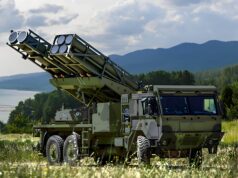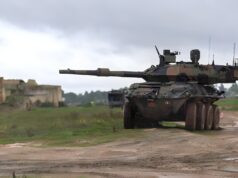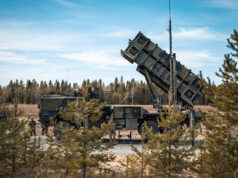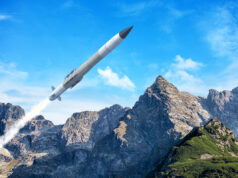“Capable Logistician 2019 demonstrated innovative smart energy technologies with potential to reduce fuel waste and improve operational effectiveness. Some of the technologies tested were modern diesel generators, hybrid power generation units, photovoltaic panels, insulated tents, energy-efficient air-conditioning and LED lights. The exercise used various scenarios such as power cuts, diesel contamination and pollution of primary water sources, which required a smart energy response.”
“We had two major break-through successes at Capable Logistician 2019,” said Dr Susanne Michaelis, Energy Security Officer at NATO.
“First, the energy data that Canada collected with a universal energy monitoring kit was crucial for advising other logistic units on how they can reduce their fuel consumption. An example is the water production unit that could save up to 60% fuel, while still purifying the same amount of water. Second, the US and Italy succeeded in building a smart micro-grid for supplying energy to camp tents by connecting their hybrid power sources via an interoperable software that powers-up diesel generators only when needed. Using the Canadian energy monitoring kits, we measured a 90% fuel reduction compared to powering the tents 24/7 with diesel generators only,” she said.
The lessons learned during Capable Logistician 2019 will be a basis for future improvements in NATO policies and standards, say the Alliance.












A 90% reduction of diesel is not just good for the enviroment but will also save many lives. The Taliban and Iraqi insurgents would regularly target resupply convoys, destroying many trucks and killing who knows how many drivers.